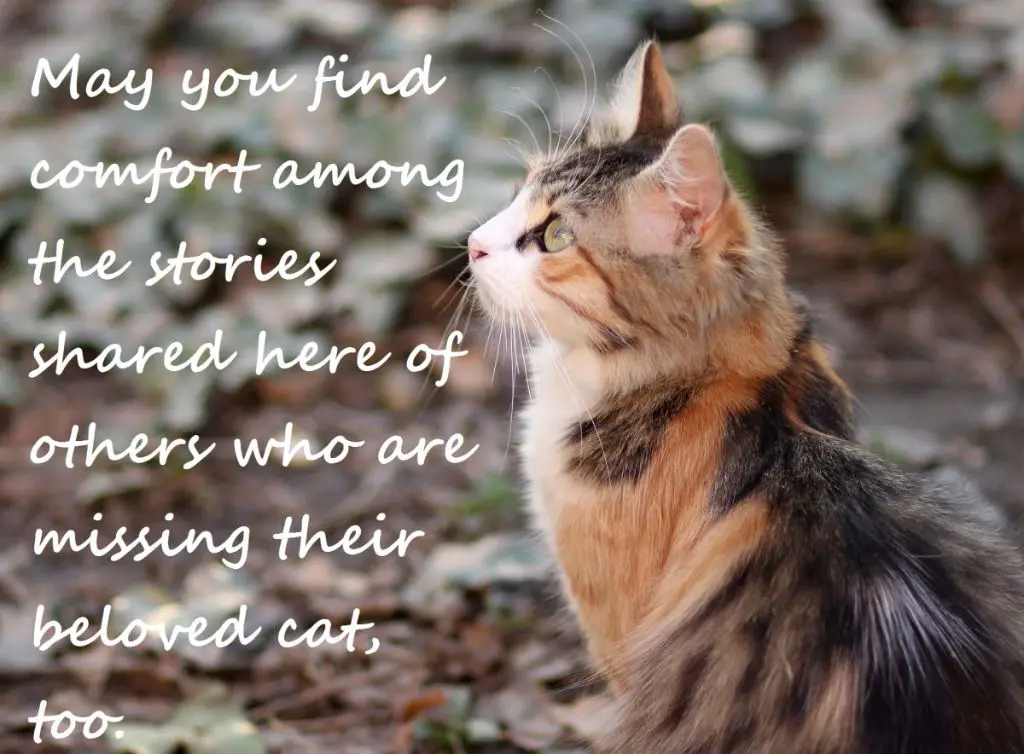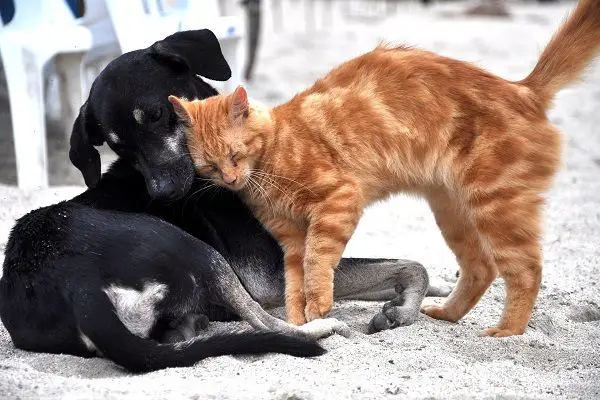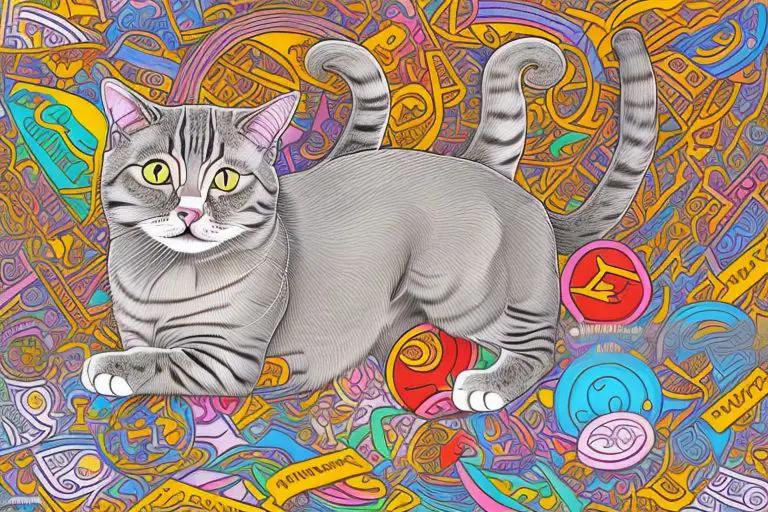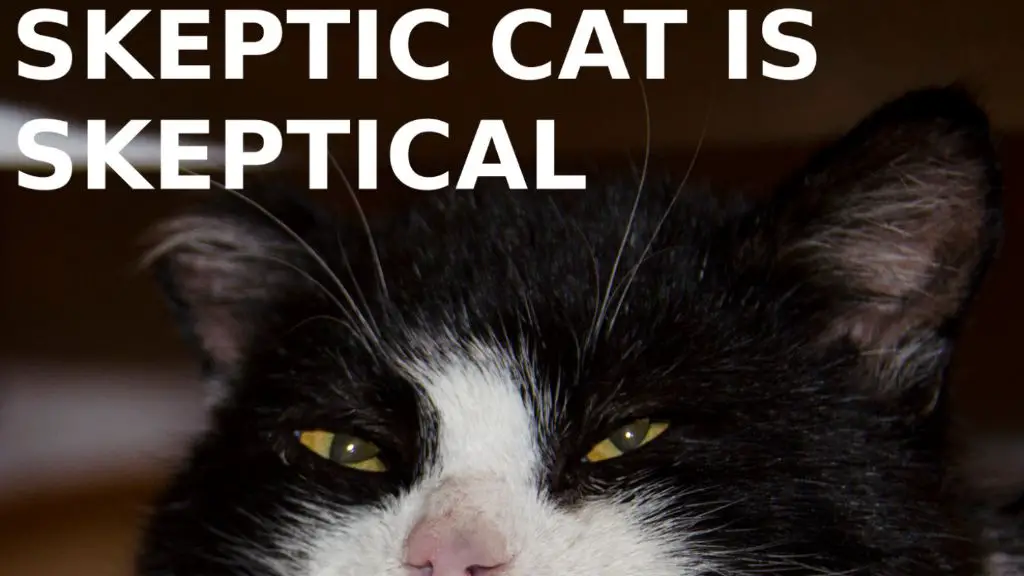The Question of an Afterlife for Pets

People naturally want to believe their pets have an afterlife. Losing a beloved pet can be extremely painful, and the thought that we may never see them again is difficult to bear. The hope that our furry friends live on in some form provides comfort. However, most major religions do not specifically address whether animals have souls or what happens to them after death.
Some faith traditions like Hinduism and Buddhism believe animals possess souls and can be reborn into new lives. Certain pagan traditions see animals as connected to nature spirits or divine energies that persist after death. But in Christianity, Judaism, and Islam, teachings focus on human souls with less clarity around animal spirits. While the major religions may not provide definitive answers, many followers choose to believe their pets continue existing in an afterlife where they wait to be reunited with their human companions.
Christian Perspectives
The Bible does not directly address whether animals have an afterlife, leading to differing perspectives among Christians. Some argue that animals lack immortal souls and the capacity for salvation needed to enter heaven (Do Animals Go to Heaven When They Die?). This view holds that heaven is reserved for humans made in God’s image. However, others contend that God’s love and redemption extends to animals, citing verses that depict animals in heavenly visions (Isaiah 11:6-9, Revelation 19:11). They argue that if God cares for sparrows (Luke 12:6), he would not abandon pets in death. Ultimately, the Bible does not provide definitive proof on whether pets can enter heaven.
Jewish Perspectives
Judaism has varying perspectives on whether animals have an afterlife. According to https://www.myjewishlearning.com/article/afterlife-for-animals/, Jewish teachings are undecided on animal afterlives. Some rabbis argue that because animals are considered pure, they may be rewarded with an afterlife in heaven. However, others contend that heaven is only a reward for souls, and unlike humans, animals do not possess immortal souls.
As explained on https://www.chabad.org/library/article_cdo/aid/3016125/jewish/Do-Dogs-Go-to-Heaven.htm, Rabbi Moshe Cordovero argued that animal souls cease to exist when the animal dies, because they are not immortal like human souls. So there is a debate within Judaism about whether animals have souls that continue on to an afterlife.
Islamic Perspectives
The Quran implies that animals worship Allah, suggesting they may have a place in paradise. One verse states, “Seest thou not that to Allah bow down in worship all things that are in the heavens and on earth,- the sun, the moon, the stars; the hills, the trees, the animals…” (22:18).
There are also hadiths, or sayings of the Prophet Muhammad, that mention pets serving humans in heaven. One hadith states, “The animals will be gathered on the Day of Resurrection. Then it will be said to them, ‘Be dust.’ At that point the human will cleave to his companion and say, ‘O Lord, it is my companion.’ Then it will be said, ‘You have no companion.’ The human will say, ‘O Lord, the animal was my companion.’ It will be said to him, ‘He will be your companion in Paradise'” (Source).
However, not all Muslims agree on whether animals have an afterlife. Some argue the hadiths referring to animals in paradise are metaphorical. Others say the Quran only promises heaven to believers, which does not include animals (Source).
Hinduism and Buddhism

In both Hinduism and Buddhism, the concept of reincarnation includes the possibility of being reborn as an animal. It is believed that the law of karma determines what form one takes in their next life based on the virtues and vices of their previous life. Those who have performed more good deeds and have fewer attachments may be reborn as a human or in a heavenly realm, while those with more vices may be reborn as an animal or in a lower realm.
Animals are thought to possess a soul and consciousness like humans. Therefore, how humans treat animals is believed to have karmic consequences. Helping animals and showing them compassion is seen as accruing positive karma. Mistreating animals accrues negative karma and demerit.[1]
The heavens of Hinduism and Buddhism are often described as places where animals peacefully coexist without fear. In fact, some Buddhist texts refer to heavens specifically for animals who were kept as pets or lived meritorious lives.[2] Therefore, it is commonly believed that pets and other animals can ascend to these heavenly realms through rebirth.
Scientific Perspectives
Science sees no evidence of a soul or afterlife for humans or animals. Scientific studies of biology have found no detectable spirit or soul that leaves the body at death. As Carl Sagan famously said, “The brain is like a computer that will stop working when its components fail. There is no evidence that anything continues to work or live on after the brain dies.”
However, the lack of evidence does not conclusively disprove the existence of an afterlife. As we cannot experience or measure what happens after death, science cannot prove or disprove the existence of an animal afterlife with absolute certainty.
Some people who have had near-death experiences report seeing deceased loved ones, including pets, during the experience. However, skeptics argue these visions may be hallucinations produced by the brain under stress. From a scientific perspective, such anecdotal reports are not considered strong evidence of an afterlife.
While science remains agnostic on the question, spiritual perspectives provide other frameworks for making sense of the afterlife and the possibility of being reunited with beloved companion animals.
Cultural Examples of Pet Heavens

Throughout history and across cultures, the idea of pets joining their owners in the afterlife has been a common belief and source of comfort. Some notable examples include:
Ancient Egyptians often depicted pets like cats and dogs joining their masters in the afterlife, as evidenced by archeological discoveries of mummified animals buried alongside pharaohs and other nobles (https://www.talkdeath.com/dogs-afterlife-ancient-history-myths-and-religious-beliefs/). Pets were seen as important companions who would continue providing loyalty and protection in the next world.
Many cartoons, films, and books aimed at children show pets happily waiting for their owners in heaven, playing together in green meadows. Examples include the film All Dogs Go to Heaven and the book Dog Heaven by Cynthia Rylant. These portrayals reinforce the idea that our furry friends have a place in the afterlife.
The Rainbow Bridge poem describes a heavenly place where pets who have passed away wait to be reunited with their human companions. This prose poem has provided comfort to millions of grieving pet owners over the decades (https://pawsafe.com/blogs/dog-healthcare/where-do-dog-dogs-go-after-they-die).
Pet Mediums and Psychics
Some pet psychics and mediums claim to communicate with deceased pets and provide grieving owners closure and comfort (Pet Psychics and Animal Communicators – Petworks). They believe they can telepathically connect with living and dead animals through extrasensory perception. Many pet psychic services provide sessions where the psychic delivers messages to and from the deceased pet (Home – The Pet Psychic® Laura Stinchfield). Some psychics say the animal spirit communicates signs, images, feelings, or visions to the medium to transmit to the owner.
However, many skeptics argue that pet psychics prey on grieving owners using pseudo-scientific methods without actual proof. There is no scientific evidence that pet psychics can communicate with dead animals. Critics say a psychic makes vague general statements that owners interpret as accurate messages from a deceased pet (How Pet Psychics Work). They warn that pet mediums can give false hope to people struggling with the loss of a beloved animal.
While unable to prove afterlife communication, pet psychics insist animals’ spirits can send signs like seeing butterflies, rainbows, or other recurring symbols. They say deceased pets can visit grieving owners in dreams with a message or comfort. Believers find the idea of pet mediums therapeutic while skeptics urge applying critical thinking when evaluating psychic claims (Pet Psychics and Animal Communicators).

Coping With Pet Loss
When we lose a beloved pet, it is normal to feel grief and intense sorrow over the loss. Coping with pet loss takes time and effort, as the death of a pet is a true loss not to be taken lightly. Grieving for pets is a normal and healthy part of the healing process (Humane Society).
To help cope with pet loss, remember happy times with your pet and the joy they brought to your life. Thinking about your pet’s quirks, personality, and your favorite memories can bring some comfort during the grieving process (HelpGuide). Your pet’s legacy lives on through those memories.
Some find solace through spiritual beliefs or rituals related to pets having an afterlife, as discussed in the religion sections. Believing a pet goes to heaven or having a ceremony can provide comfort to certain individuals (AVMA).
While losing a beloved pet is painful, remembering the good times, finding comfort in beliefs, and allowing yourself to grieve are all healthy parts of the coping process.
Conclusion
When exploring the question of whether pets go to heaven, we find a diversity of perspectives across religions, cultures, and even among pet psychics and mediums. While some faith traditions such as Christianity have debated if animals have souls and can enter an afterlife, others like Hinduism and Buddhism already embrace reincarnation for all living beings. Scientific views remain skeptical about any sort of afterlife without evidence. Culturally, the notion of a pet heaven or crossing the “rainbow bridge” provides comfort to many grieving pet owners. However, there is still much we do not understand about death and the possibility of an afterlife. At the end of the day, what matters most is to honor our pets by giving them the best lives possible while they are here with us. Though their lives may be more fleeting, the unconditional love and joy they provide create memories that last forever. By celebrating their spirits and personalities while alive, they will live on in our hearts always, regardless of what happens after death. While the debate continues, we can find peace in knowing our pets experienced good lives and cherishing the time we had together.

